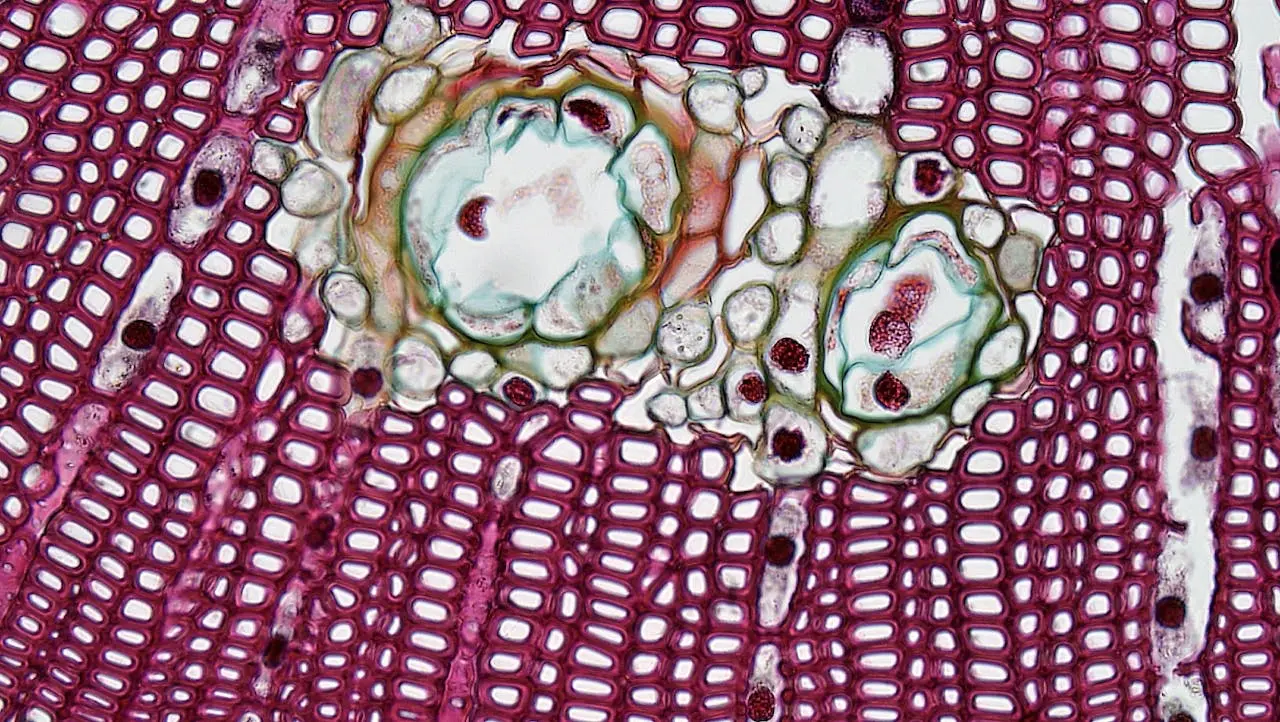
Alnylam Pharmaceuticals, Inc. has submitted a Type II variation application to the European Medicines Agency (EMA) for vutrisiran, an investigational RNA interference (RNAi) therapy aimed at treating ATTR amyloidosis with cardiomyopathy (ATTR-CM). This application is based on the positive results from the Phase 3 HELIOS-B study, which demonstrated that vutrisiran significantly reduces the risk of death and cardiovascular events compared to a placebo.
Vutrisiran, marketed as AMVUTTRA®, is already approved in the EU for treating hereditary transthyretin (hATTR) amyloidosis in adult patients with stage 1 or 2 polyneuropathy. Dr. Pushkal Garg, Chief Medical Officer of Alnylam, emphasized the significance of this milestone, noting that ATTR-CM is a rapidly progressive and life-threatening disease that can lead to heart failure. He highlighted the therapy’s ability to rapidly reduce transthyretin (TTR) levels, demonstrating its potential to improve outcomes for affected patients.
The HELIOS-B study, a pivotal Phase 3 trial, met all ten primary and secondary endpoints with statistical significance, showing positive impacts on mortality, cardiovascular events, functional capacity, quality of life, and heart failure symptoms. The safety profile of vutrisiran was consistent with previous findings in patients with hATTR amyloidosis, with similar rates of adverse events between the vutrisiran and placebo groups. The results of this study were published in The New England Journal of Medicine.
Additionally, a supplemental new drug application for vutrisiran has been submitted to the U.S. Food and Drug Administration (FDA) for treating ATTR-CM, with further applications anticipated worldwide.
AMVUTTRA® (vutrisiran): Indication and Safety Information
Indication
In Europe and the UK, vutrisiran is indicated for treating hATTR amyloidosis in adult patients with stage 1 or 2 polyneuropathy.
Important Safety Information
- Vitamin A Levels: Vutrisiran treatment may lower serum vitamin A levels, necessitating daily supplementation of 2,500 to 3,000 IU. Patients should see an ophthalmologist if they experience symptoms of vitamin A deficiency, such as night blindness.
- Common Side Effects: Adverse reactions reported include pain in extremities, arthralgia, dyspnea, injection site reactions, and increased blood alkaline phosphatase levels.
About AMVUTTRA ® (vutrisiran)
AMVUTTRA ® (vutrisiran) is an RNA interference (RNAi) therapy that rapidly reduces both mutant and wild-type transthyretin (TTR) amyloidosis, addressing the underlying cause of transthyretin (ATTR) amyloidosis. Administered quarterly by subcutaneous injection, vutrisiran is approved and marketed in more than fifteen countries for the treatment of hereditary transthyretin amyloid polyneuropathy (hATTR-PN) in adults. Vutrisiran is also being developed for the treatment of ATTR amyloidosis with cardiomyopathy (ATTR-CM), which includes both the hereditary and wild-type forms of the disease.
About ATTR
Transthyretin amyloidosis (ATTR) is an underdiagnosed, rapidly progressive, debilitating, and fatal disease. It is caused by misfolded transthyretin (TTR) proteins that accumulate as amyloid deposits in various parts of the body, including the nerves, heart, and gastrointestinal tract. Patients may present with polyneuropathy, cardiomyopathy, or both manifestations of the disease. There are two distinct forms of ATTR: the hereditary form (hATTR), which is caused by a variant of the TTR gene and affects approximately 50,000 people worldwide, and the wild-type form (wtATTR), which occurs without a variant of the TTR gene and affects approximately 200,000 to 300,000 people worldwide. 1-4





